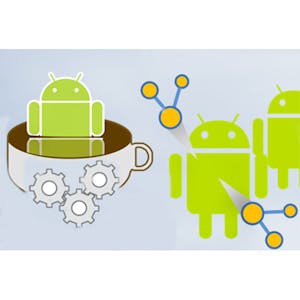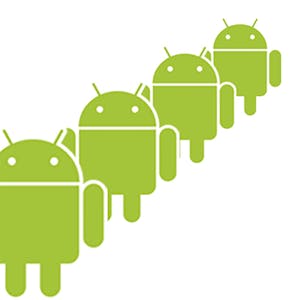Diabetes – the Essential Facts
About this Course
Across the world more than 420 million people are living with diabetes. Two thirds of these have not yet been diagnosed. When discovered late or managed incorrectly, diabetes can damage your heart, blood vessels, eyes, kidneys, and nerves, leading to disability and premature death. In fact, more people are dying of diabetes related diseases than of diseases as HIV/AIDS, malaria and tuberculosis combined. This course will provide you with an introduction to the most recent research in the field of prevention and treatment of diabetes as well as a broader understanding of the situation in different communities, rich and poor, across the world, where diabetes threatens public health. What kind of disease is diabetes, who has it, and who is at risk of getting it? And what are the roles of medicine, exercise and nutrition when trying to prevent, delay or treat diabetes? During the course you will meet researchers and experts from Imperial College London, Emory University in Atlanta, Steno Diabetes Center in Copenhagen as well as the School of Global Health and the Center for Basic Metabolic Research at the University of Copenhagen. They work with very different aspects of diabetes, from microbiology to global public health, but what ties them together is the belief that it is a global responsibility to combat diabetes, and this fight can only be won through new knowledge and global collaboration. We hope you will join us in the course and equip yourself to take part in the ongoing discussions of this truly global and individual health challenge. This course is also part of the EIT Health programme.Created by: University of Copenhagen

Related Online Courses
This Specialization enables learners to successfully apply core Java programming languages features & software patterns needed to develop maintainable mobile apps comprised of core Android... more
Over the last two decades, platforms have transformed the way, we search for information (e.g., Google), buy goods (e.g., Amazon), consume news and media (e.g., Facebook and Twitter) and travel and... more
Engineering Maintainable Android Apps, which is a 4 week MOOC that shows by example various methods for engineering maintainable Android apps, including test-driven development methods and how to... more
This course is the second in a series on the discipline of Archaeology. It is intended for learners at all stages, including advanced high school, college students, or life-long learners. Basic... more
Probabilistic graphical models (PGMs) are a rich framework for encoding probability distributions over complex domains: joint (multivariate) distributions over large numbers of random variables... more







